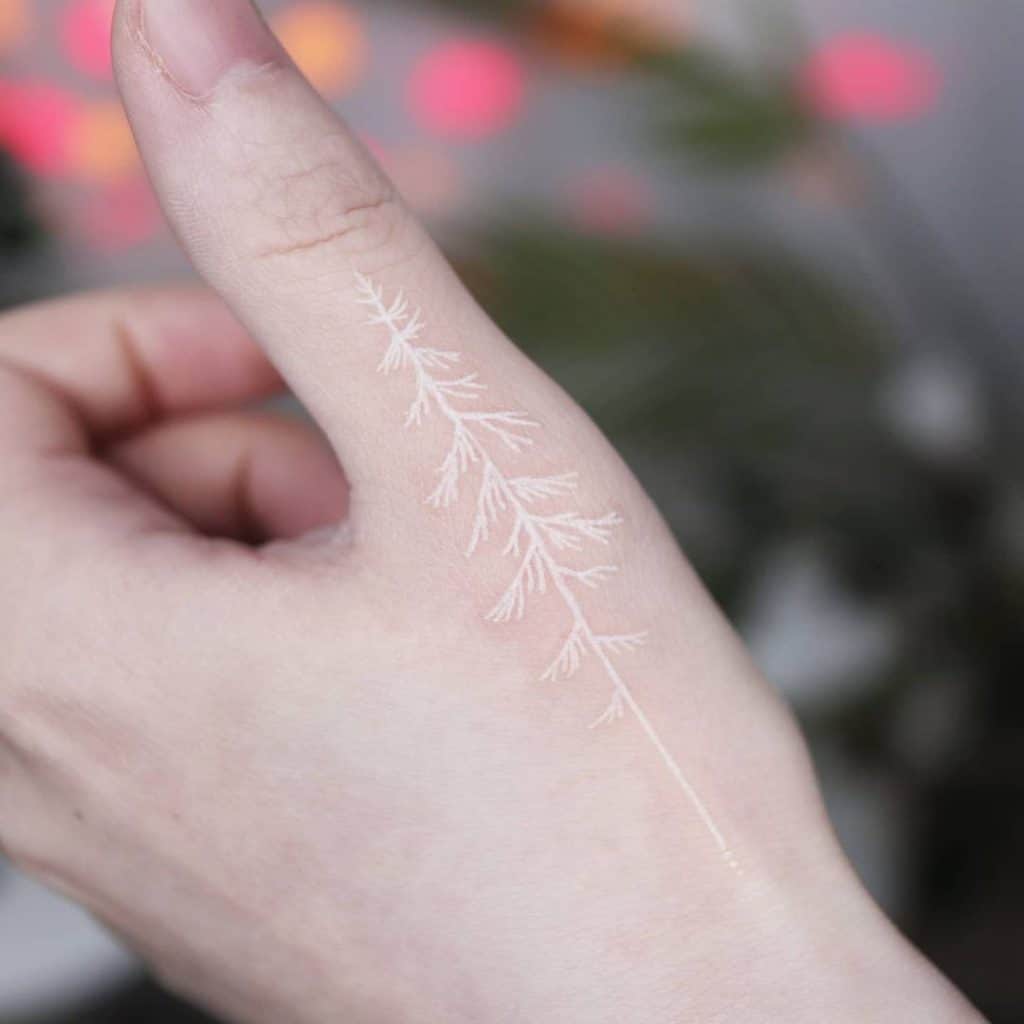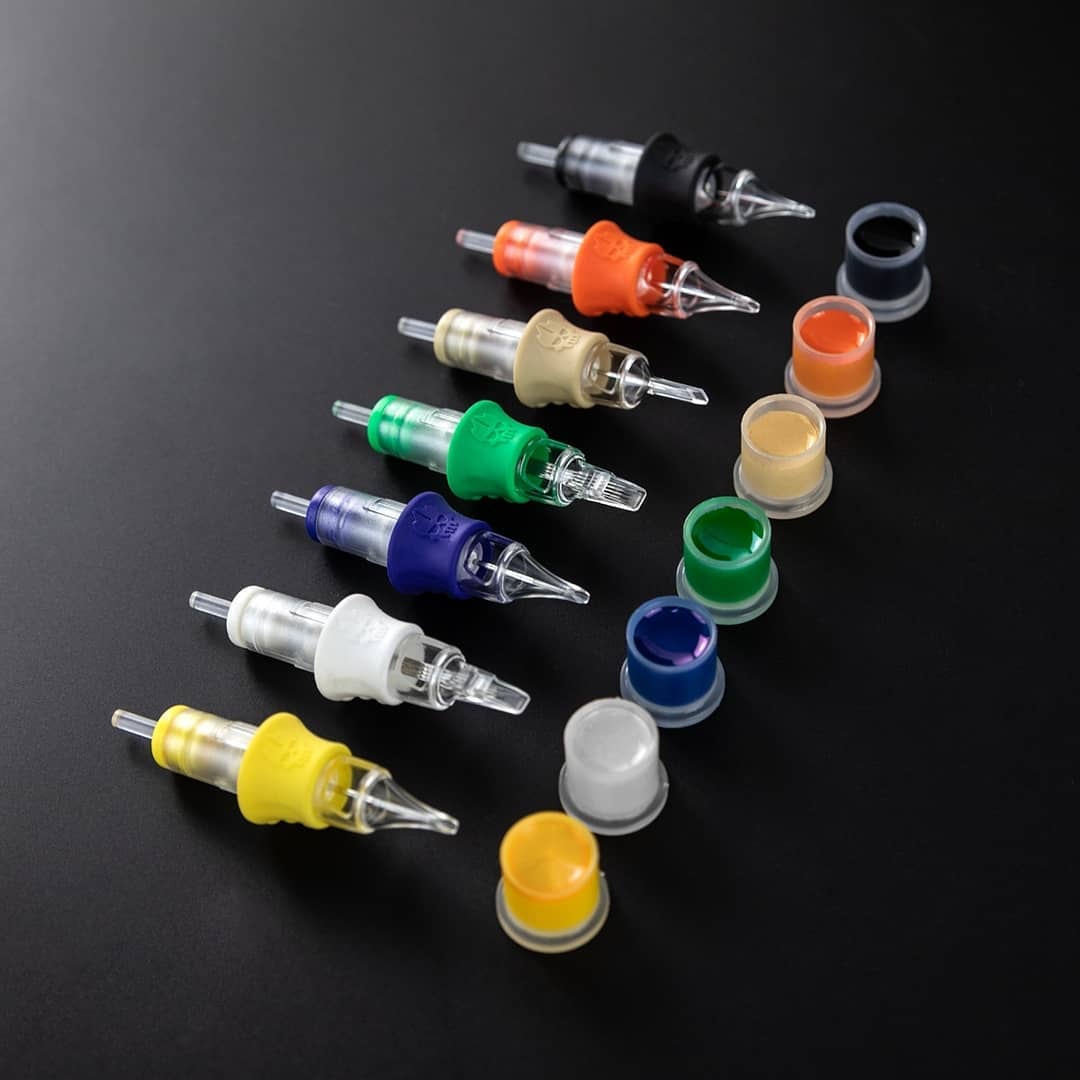Tattoo guide
10 Things You Should Know Before Becoming A Tattoo Artist
Here’s how you can get a mentor;
- Pay a visit to several tattoo shops – of course, going to tattoo shops physically in the middle of a pandemic may not be the smartest decision. However, if you live in an environment where you can go out so long you keep a social distance, then try to do a face to face exploring. If that’s cannot be done, try contacting some tattoo shops via email or phone, and ask about their apprenticeship. Of course, in such a case you’ll have to send an online form of your portfolio.
- Explore potential mentors – while you’re contacting tattoo shops, it would be smart to do some research and explore the bios of your potential mentors and professional tattoo artists. This will help you present yourself to the people at the shop, and adjust your portfolio accordingly.
- Ask about the important things (like the cost of the apprenticeship, and the nature of apprenticeship contracts) – while in contact with potential mentors and tattoo shops, don’t forget to get information regarding the cost of the apprenticeship and well as an explanation of the legal documents regarding the apprenticeship contract. You should know, for starters, that some tattoo shops do offer free mentorships, but those are incredibly hard to get. Others, however, offer mentorships that cost between $5,000 and $10,000.
5. Learn And Practice Everything Tattoo Related

This step is pretty straightforward. At this point in the process, you need to learn about the art of tattoos and complete the apprenticeship. Here’s what you’ll be doing during this time;
AI01
- Buying equipment – remember that you’ll have to invest in your equipment, which will add up to your apprenticeship cost. The equipment usually includes tattoo guns, art supplies, sterile equipment, etc.
- Using tattoo equipment – alongside all the other work, as an apprentice you will learn how to use the actual tattoo machine. You will have to study how the needle works with skin, and how the needle needs to work differently depending on the type of skin, or even customer.
- Practicing tattoo designing – at this point, you will know how to draw a design on paper, but you’ll need to practice designing tattoos that will end up on a human body. You will study the placement of tattoos onto the body, how they look on each body part, and how you can go through the actual tattooing process, with all the detailing, coloring, etc.
- Practicing hygiene before, during, and after tattooing – adopting proper hygiene practices will be crucial during your apprenticeship. You will need to learn to adopt certain standards of hygiene to meet the requirements of your client and your tattoo shop. Any hygiene issues can be potentially dangerous and result in your client’s health issues. Such issues will affect and potentially ruin the shop’s reputation. It is a general practice for the apprentice to check the mentor’s hygiene practices before accepting the mentorship.
- Working for free – one of the most common practices during an apprenticeship is for the apprentice to work for free. In exchange, the apprentice gets all the practice and experience required to become a good tattoo artist. Because of this, we advise you to come up with another source of income and start saving even before you get to the stage when you’re an apprentice.
6. Getting Licenced
After you’re done with the apprenticeship, it is time to get a certification and a license proving you’re a proper tattoo artist and allowed to work or open your tattoo shop. Here’s what you’ll need for this step;


















